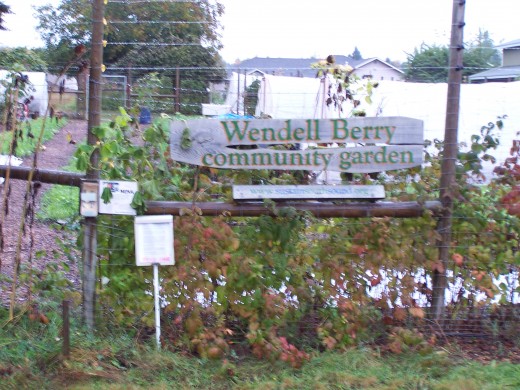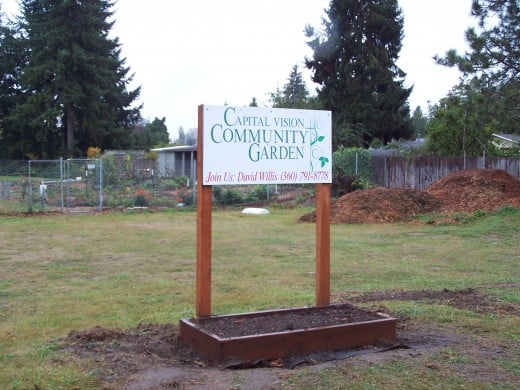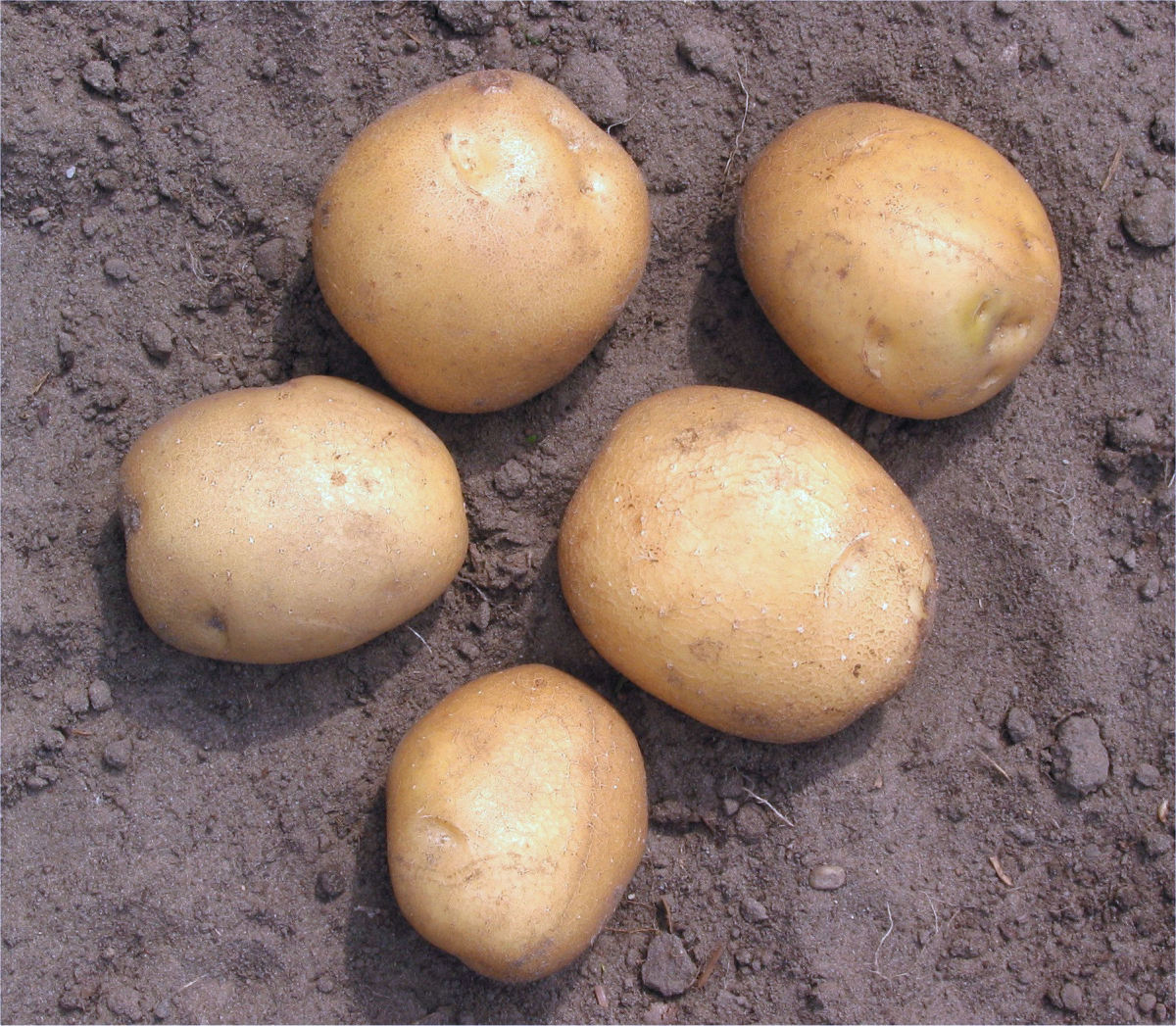Can Urban Farming End Urban Hunger?
From the News
The other day I was watching an online documentary about Detroit, Michigan. Sad, sad, and more sad. The population of Detroit has dropped by over 60% since 1950, and if ever there was a poster child for much of what ails the United States economy, Detroit would be that poster child.
With the drop in population there is a corresponding drop in taxes, of course, and since taxes pay for the upkeep of a city’s infrastructure, it does not take a genius to understand what is happening in that city.
One of the saddest things I have seen in a very long time was the bulldozing of entire neighborhoods in Detroit. Where once there was vibrancy, where once there were citizens living happy lives, now there is only rubble.
City government, of course, is looking for solutions, but solutions of this magnitude take time. One does not change the entire culture of a major city overnight, so I suspect that hard times will be a constant neighbor for Detroit residents for a few more years. One of the solutions that city government is looking at is urban agriculture. A current project being tried is called Hantz Woodlands, a 140-acre site where 15,000 maple and oak tree seedlings have been planted, making it the largest urban tree farm in the United States.
And that, of course, inspired this article.

Seattle Leads the Way
Seattle, Washington, is about to introduce the nation’s largest forageable space, seven acres within the city limits called the Beacon Food Forest. When completed, this urban forest will include plum, apple, and walnut trees, as well as berry bushes, herbs and vegetables. The forest will include a teaching space, conventional community gardening plots, a barbecue area, and recreational areas, and they believe it will start producing food next year. Their stated goal is to recreate a forest ecosystem with food-bearing varieties for the citizens of Seattle.
On the other end of the spectrum, in 2012, the United States government spent about $80 billion annually on fifteen programs, mostly administrated by the Food and Nutrition Service, which delivers food assistance to one in every four Americans.
Eighty billion dollars.
One in four Americans.
Are you thinking what I’m thinking?

Bandaids for Cancer
Let me tell you my problem with public assistance, and in particular the current food programs across the country: they solve absolutely nothing other than to keep people alive. There is no long-range goal, and they certainly do not address the problems that are causing hunger. They are reactionary in nature and not proactive.
If the United States, and for that matter any other industrialized nation, is going to end hunger and homelessness, then proactive solutions must be found. People need to work. People need to provide for themselves, and people need to live in sheltered areas and not on park benches.
That is why the idea of urban agriculture is so viable, especially if utilized on a large scale. Of course there would be initial costs to a city in setting up such a program. There would be land to clear and cultivate. There would be initial costs in purchasing seeds and seedlings, fertilizer and other farming implements. But once the initial cost is absorbed, the cost would be minimal from then on, and it would certainly be considerably less than continually running programs that do nothing else but keep people from starving to death.
And in creating these urban farming centers, people would be put to work, which also will alleviate some of the problems and help to push the economy in an upwards direction instead of a freefall plummet.
How Can This Happen?
We are left with this question: if this is so logical, and so doable, then why don’t more cities implement an urban farming program?
The simple answer to that question is this: change requires willingness to change. A community that embraces this urban farming philosophy will make the necessary zoning changes, and allocate funds, to make it happen. But community leaders will not act unless they are led in that direction, and that requires citizens to unite and demand change.
I live in one such community, Olympia, Washington, population 45,000, and Olympia is completely committed to the practice of urban farming. Here you will find edible parks. Here you will find neighborhood community gardens. Here you will find zoning that allows vegetable gardens in the front yards, and here you will find farmer’s markets practically in every neighborhood. A farming infrastructure has been established, and the citizens of Olympia are enthusiastic about making it work. Buildings have been torn down and vegetable gardens have replaced those buildings. A whole subculture has been established featuring organic foods and farming.
And all it took was a willingness of city leaders to make it happen.

There Will Be Opposition
As surely as I’m sitting here writing this, I know there will be opposition. For one, people tend to resist drastic change. Many would rather detour around urban blight than admit that it is there.
There are huge agribusinesses that will resist and, dare I say, vocally oppose changes like this, for we are talking about an economic revolution, taking profits and power away from corporations and returning the profits and power to individual communities. Yes, there will be resistance.
But isn’t this battle worth it?
How many of you reading this live in a major city? Have you seen the decay I’m talking about? I know you have, and I would venture to guess that decay has been there for decades, because urban decay began in the 70’s and has only worsened for the last forty years.
I have seen the decay in Los Angeles. I have seen it in Chicago and Portland, Cleveland and Washington D.C., and I know you have seen it as well. I would submit to you this statement: the programs that have been used in the past are not working. Ignoring the problem will not work. Public assistance is not a solution.
The only rational and logical solution is to try something new, and urban farming is a proven solution.
So Get Involved
Last week I began a part-time job. Now let me explain this to you. I am sixty-five years old, and I’ve worked for fifty years. This is clearly an odd thing for me to do, because I don’t need to work. My freelance writing business keeps me quite busy, often working fifty hours each week to improve my writing craft.
So why am I starting a part-time job?
I’m going to be a retail worker and management consultant for our local urban farming and garden center.
This business opened up six months ago, and I desperately want this business to be successful. If they can make it, then it will be one more positive step for this community as it moves ahead with the urban farming long-ranged civic plan.
So I’m going to get involved. I’m going to work fifteen hours each week, at minimum wage, and see if I can’t do my part for a cause I believe in.
I was raised to believe that if change is going to happen, then I have to be willing to be the instrument of that change.
Are you willing?
2014 William D. Holland (aka billybuc)










